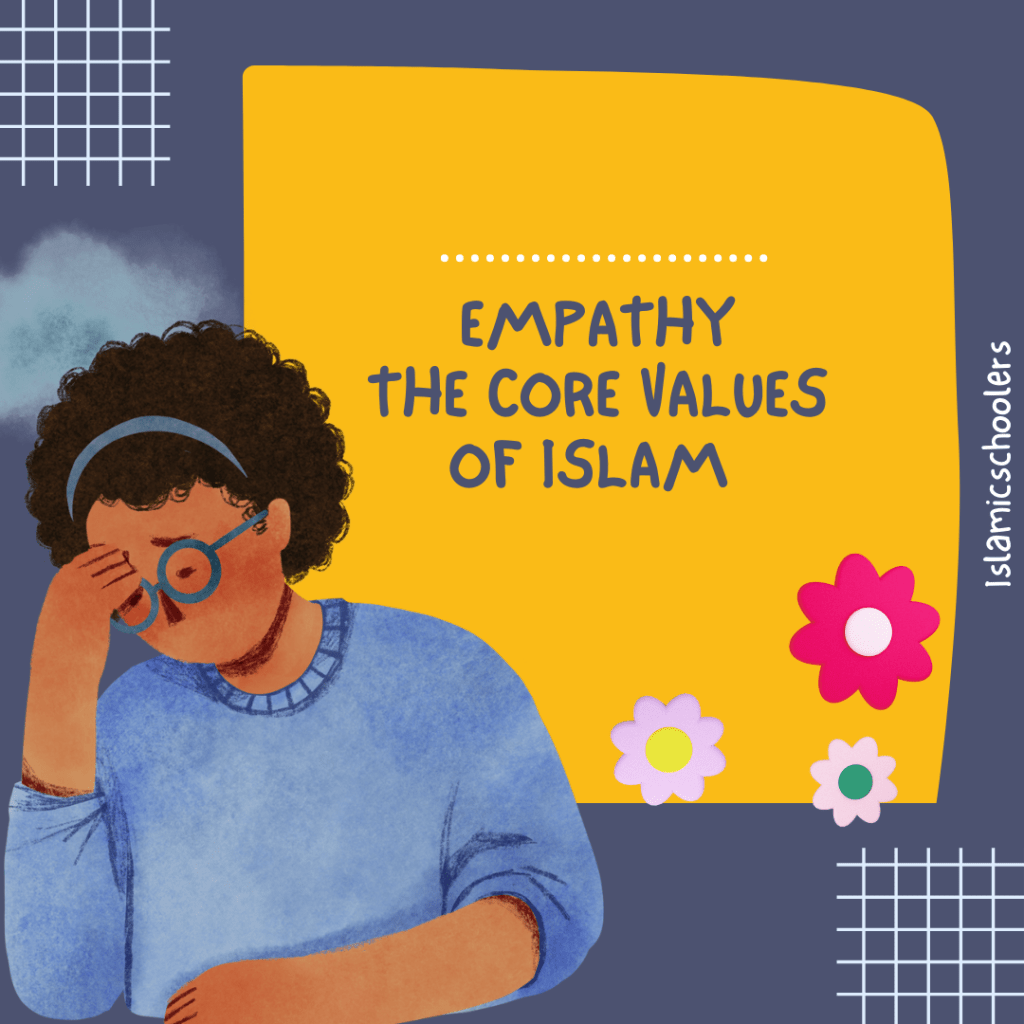In our rapidly evolving world, it is essential to recognize the significance of empathy, the ability to understand and share the feelings of others. At its core, empathy promotes unity, understanding, and tolerance, which are values that resonate deeply within the Islamic faith. Islam, a religion that upholds compassion and mercy as its foundational principles, places great emphasis on fostering empathy towards all individuals. In this article, we delve into the teachings of Islam, exploring how empathy plays a crucial role in shaping a harmonious society.
Islam encourages believers to cultivate empathy towards everyone, regardless of their backgrounds, races, or religious beliefs. The Quran repeatedly highlights the importance of compassion, emphasizing that it is through empathy that true understanding and connection arise. Muslims are called upon to be kind, generous, and empathetic, seeking to alleviate the suffering of others and championing justice for all.

The Golden Rule:
Islam encapsulates empathy through the “Golden Rule,” which emphasizes treating others as one would like to be treated. The beloved Prophet Muhammad, Peace Be Upon Him, once stated, “None of you has faith until you love for your neighbor what you love for yourself.” This profound teaching encourages Muslims to embody empathy in their interactions with others, fostering a sense of unity and shared humanity.
Empathy also plays a pivotal role in fostering healthy interfaith relationships. Islam teaches its followers to not only recognize and appreciate their own beliefs but to empathize with and respect the beliefs of others. Muslims are encouraged to engage in meaningful dialogue, promoting understanding and breaking down barriers of prejudice and misconceptions. By practicing empathy, individuals can bridge the divide between different cultures, fostering peaceful coexistence and mutual respect.
Islam’s emphasis on empathy extends to social justice. Muslims are encouraged to address societal inequality, poverty, and injustice with utmost empathy and compassion. The concept of Zakat, mandatory charity, ensures the redistribution of wealth to help uplift and empower marginalized communities. This fundamental pillar of Islam addresses social imbalances with empathy, promoting equality and fairness.
Unfortunately, Islam and its followers often face prejudice and misunderstandings. However, through empathy, Muslims can respond to these challenges with compassion and patience. By promoting understanding and educating others about their faith, Muslims can create bridges of empathy, breaking down stereotypes and fostering a more inclusive society.
Empathy lies at the heart of Islam, guiding its followers to embrace compassion, kindness, and understanding towards all people. By embodying empathy, Muslims can truly live out the teachings of Islam, fostering harmonious communities and breaking down divisive barriers. Let us remember that empathy is a universal value, transcending all boundaries of faith, and it is through empathy that we can build a more tolerant, inclusive, and compassionate world for all.

